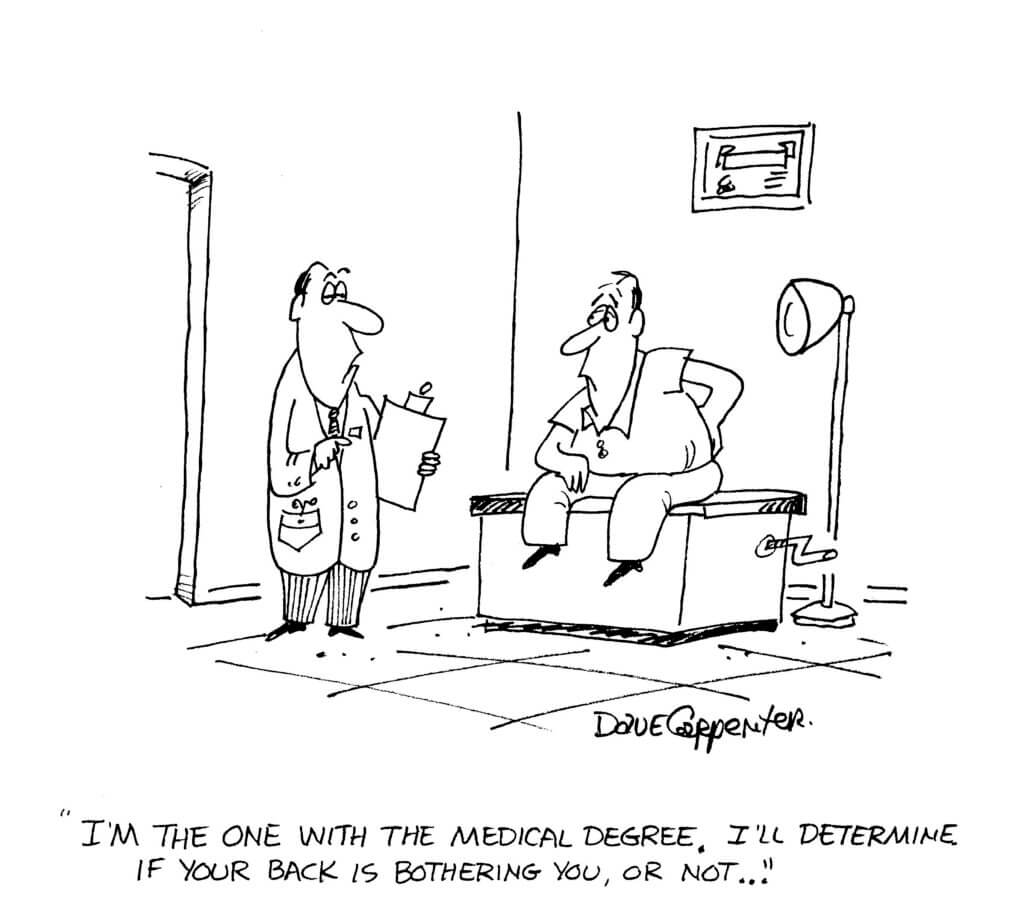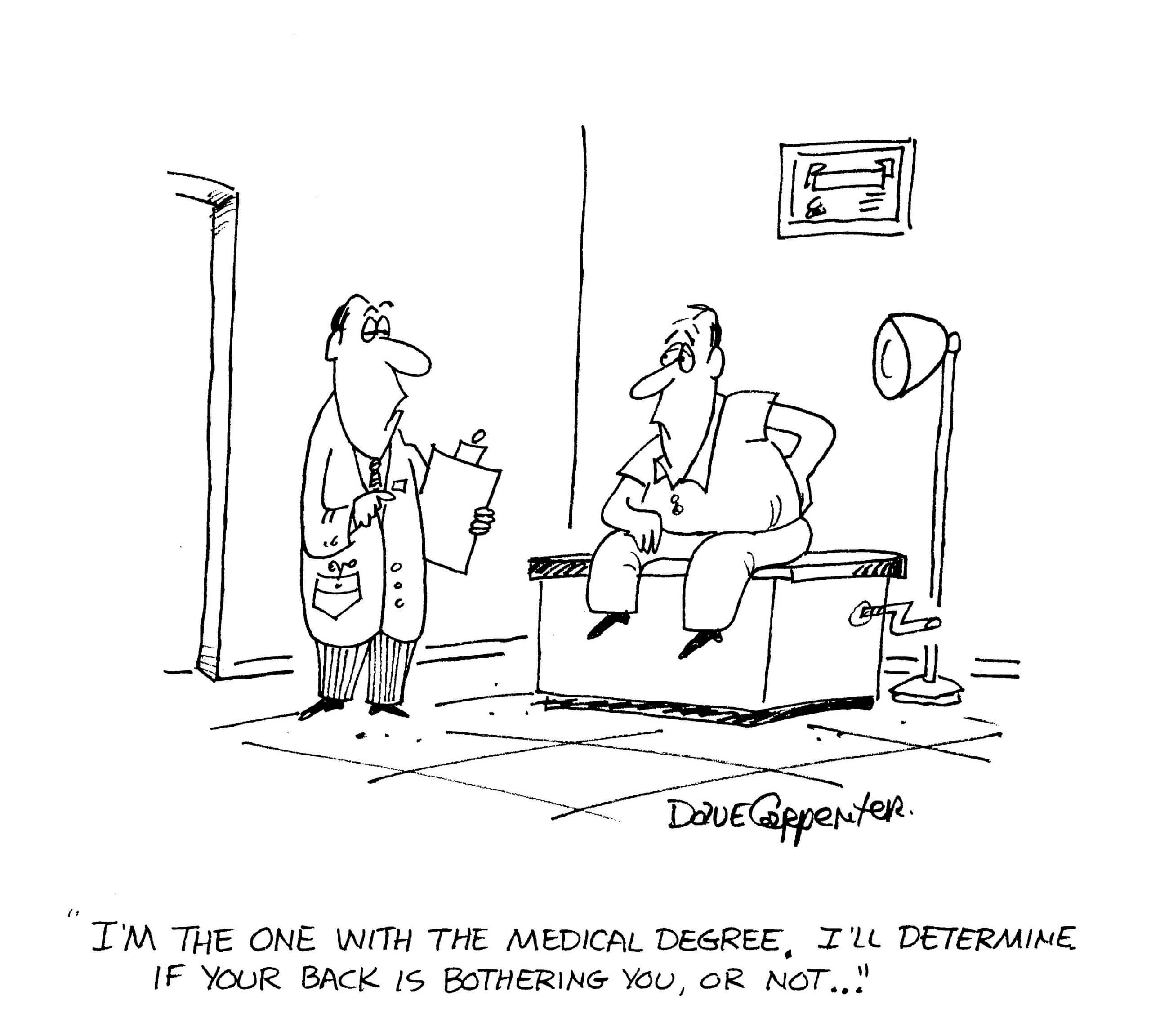We receive a lot of emails from people who know they have a specific communication issue that can be addressed with speech therapy. “I’ve had a lisp my entire life.” “My stutter has gotten worse recently and is holding me back in my career.” “I’m a transgender woman and want to work on feminizing my voice.” “I have ADHD and am having trouble staying focused and getting work done.”
We receive just as many emails from people who struggle with communication, but aren’t sure why. “People often don’t understand me.” “I have trouble connecting with others.” “I have always had trouble expressing myself.” “I struggle to communicate and it causes a lot of anxiety and impacts my self-esteem and confidence.”
Do these everyday communication challenges mean that someone has a communication disorder? Does it mean that you “qualify” for speech therapy? Do you need to have a diagnosed disability to justify getting help?
In my opinion, the answer is and should be an obvious no. Unfortunately, there are a lot of barriers along the way.
Labels, Identity, and the Law
Contemporary speech-language pathology, like most health- and medically-affiliated fields, is diagnosis-driven. Before a person can enroll in speech therapy, they must undergo an evaluation. Evaluations should be comprehensive, identifying the person’s strengths and weaknesses, with an investigation into their personal and medical history to identify potential causes for the described difficulties. This allows the therapist to determine a diagnosis and where to begin in therapy.
Diagnoses are very, very powerful. In the United States, having a diagnosis entitles a person to certain rights and services. In the education setting, diagnostic labels are required in order to be eligible for services and accommodations under the Individuals with Disabilities Education Act (IDEA) and the ADA, including IEPs and 504 plans. In the workplace, a diagnosed disability or health condition similarly entitles one to protection under the ADA, often manifesting as accommodations or considerations for workplace environment and practices.
Diagnoses are also a mandatory prerequisite to receiving health care. Under the private health insurance model in the United States, coverage for treatment is often “diagnosis-driven.” For example, many insurance plans will cover speech therapy for certain kinds of diagnoses, like aphasia resulting from stroke, or dysphonia resulting from vocal nodules, while denying coverage for other diagnoses like stuttering or language disorders.
So if you don’t have a diagnosis, that usually means you can’t get help (well, unless you have a lot of money and can afford help without health insurance or private tutors). This drives both individuals and health care providers to find a diagnostic label to officially certify that yes, this person deserves help. Without that label, you don’t qualify for accommodations, services, or treatment.
The unfortunate message this sends to people who are struggling is: you aren’t disabled enough. You’re fine. Figure it out on your own.
Life vs Lab
A significant number of the folks who come to us at speech IRL do not meet “diagnostic criteria.” They often score below-average or even average on formal tests and standardized speech-language assessment tools. Inside the controlled environment of a quiet, private one-on-one setting with an empathetic listener, they articulate and communicate with ease.
Several years ago I worked with a graduate student intern, a speech pathologist in training who was also a person who stutters (PWS). She recalled how her stuttering appeared seemingly out of nowhere one day when she was in middle school (an experience shared by many PWS, in fact). Distressed by this sudden inability to get her words out, she asked to see the school SLP. When she was called in for the evaluation, however, she didn’t stutter once. She was dismissed by the SLP because the clinician couldn’t find anything wrong. Ten years later, she was still stuttering...just not in a way that most people could see.

There is a huge number of people out there who don’t meet the criteria for an official, medicalized diagnosis, who don’t meet the threshold for “disabled” according to the ADA. But they are very much handicapped in the day-to-day jungle of communication. They describe an experience that is indeed disabling: communication that is rife with anxiety, fear, embarrassment, shame—a blockade to relationships, employment, and anything involving interacting with other people.
Skills Are For Everyone
Instead of focusing on diagnoses that need to be remedied, in a therapeutic setting, it’s often more useful to frame this as “I want to be better at X.” Everyone can increase skills and knowledge. This is not restricted only to those who qualify for certain labels.
You don’t need to be diagnosed with ADHD or a TBI (traumatic brain injury) to work on executive function skills like organization, memory, or attention. You don’t need a diagnosis of autism to learn strategies and tips for authentic conversation. You don’t need proof of a neurological condition to strengthen the clarity of your speech. You don’t need a label to deserve help.
To be sure, diagnoses are useful for explaining why a person might be struggling with communication. Understanding how you’re wired helps you identify strategies that will be most effective for your unique strengths and weaknesses. But sometimes it’s not possible to determine the “why” with absolute objective certainty.
That is okay. It can be frustrating and even painful to not have the answer to “why.” But if we become too fixated on searching for why, we may miss out on what can be. Granted, reaching your potential can feel like an impossibility (or be an actual impossibility) given the setup of health care systems, laws, and internal rules set by trained professionals themselves.
Subjective Significance
Every individual has the right to envision where they want to go and pursue that vision. You may not know how you arrived at the situation you’re in today, but everyone is capable of taking knowledge-driven, learning-focused actions on a path towards growth. Similarly, professionals should not hold clients/students/patients back (or worse, shut them down altogether) for lack of a textbook-friendly origin story with an affiliated medical code. This is the philosophical value difference between person-centered care and diagnosis-driven care.
Skills, growth, learning, and getting help along the way should be accessible and available for everyone. A person’s experience is more powerful than their label (or lack thereof). Chris Constantino, a professor at Florida State University who researches how stuttering interacts with society, says that “subjective experience is the gold standard of objectivity.” A middle schooler who says they need help needs help. (Trust me, speech therapy is not something a 12-year-old does to be cool.)
Tests may fail to capture the subjective nature of a person’s struggle to communicate. But are they asking for help? Objectively, that is a powerful indicator that help is deserved.
We welcome anyone who wants to learn about communication, whether you know the “why” or not! Learn more about our free Zoom consultations here. And yes, we have an “I don’t know” option!

